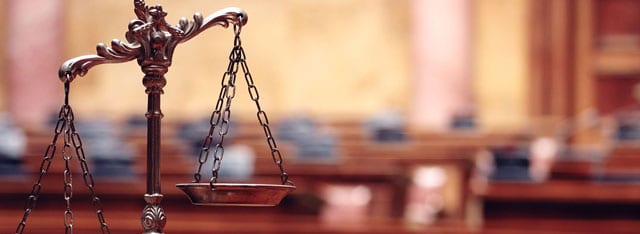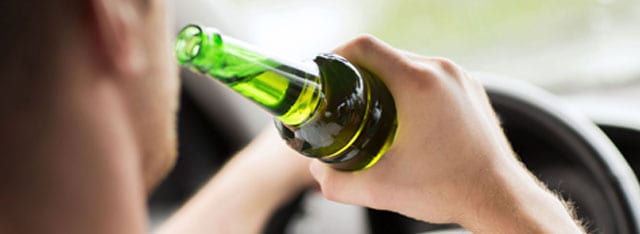A Minneapolis Minnesota DWI Attorney Who Cares About Your Rights

Christopher Keyser has successfully handled all kinds of DUI and DWI cases, and he knows that neither belief is true – or helpful. Mr. Keyser focuses exclusively on criminal defense and DWI defense law, and has been selected as a Super Lawyers Rising Star by Minnesota Law & Politics, as well as a Top 100 Trial Lawyer by the National Trial Lawyers Association.
Far from being “minor,” DWIs carry both administrative and criminal penalties. These include probation, loss of license, loss of license plates, forfeiture of your vehicle, thousands of dollars in fines, and possible jail time. No one should ignore those kinds of consequences.
Likewise, you should never simply assume that there is nothing you can do about a DUI charge. It may seem like the police have an airtight case if you tested above the legal limit on a breath, blood, or urine test, but there are many ways to fight back, and many places where the police’s mistakes and shortcuts can happen.
Mr. Keyser believes everyone is entitled to the due process of law, and that law enforcement officers should never be allowed to violate someone’s rights – intentionally or unintentionally. When clients hire Christopher Keyser, he uses his in-depth knowledge of Minnesota DWI law to make sure that every “I” is dotted and every “T” is crossed. When your future is at stake, you need someone willing and able to explore all avenues to protect your freedom.
Work With a Minneapolis DWI / DUI Lawyer Who Knows the Law Inside and Out
Minnesota is subject to the nationwide BAC limit. Operating a car with a blood alcohol content over .08% is considered driving under the influence anywhere in the US. Our state also has a zero tolerance policy for underage drivers. This means anyone under the age of 21 can receive a DWI for having any amount of alcohol in their system. For commercial drivers, the legal limit is .04%.
Additionally, Minnesota has an “implied consent” law. Essentially, you automatically consent to a chemical test and preliminary testing just by getting behind the wheel of a motor vehicle. If you provide a test over .08, your license is automatically suspended without question. If you refuse to take a test, your license is automatically suspended for at least 1 year with no questions asked. Additionally, you may be charged with a gross misdemeanor and face up to 1 year in jail and $3,000 in fines. You also must take a chemical test if you are involved in an accident where there was property damage, serious injury, or death.
Minnesota DWI Charges and Penalties. Minnesota has four different DWI charges, in addition to a few related charges. In Minnesota, you can be charged with a Fourth Degree DWI, a Third Degree DWI, a Second Degree DWI, or a First Degree DWI—also known as a felony DWI. You may also be charged with Careless Driving, Criminal Vehicular Operation, Criminal Vehicular Homicide, or DWI Test Refusal.
The different degrees of DWI charges correspond with the circumstances surrounding the crime. For example, your first DWI charge is a Fourth Degree misdemeanor in most circumstances. This comes with a minimum license suspension of 90 days, and the possibility of 90 days in jail and up to a $1,000 fine. However, if you provide a sample over .16, have a prior DWI conviction or alcohol-related driver’s license suspension, or if there is someone under the age of 16 in your car, you could face a gross misdemeanor charge. In this instance, you can get up to 1 year in jail and/or $3,000 in fines.
Charges also increased in severity if you have been convicted of a DWI in the past 10 years, or if your license was revoked in the past 10 years for an alcohol related offense—even if it happened in a different state. And finally, even your first misdemeanor offense will go on your criminal record—in addition to your driving record—for life.
If you have been charged with a DWI and you have a previous DWI on your record, penalties become much more severe. Second time offenders, for example, face a license suspension for a minimum of 1 year. License plates are automatically impounded, in addition to possible criminal penalties of up to 1 year in jail and up to $3,000 in fines.










